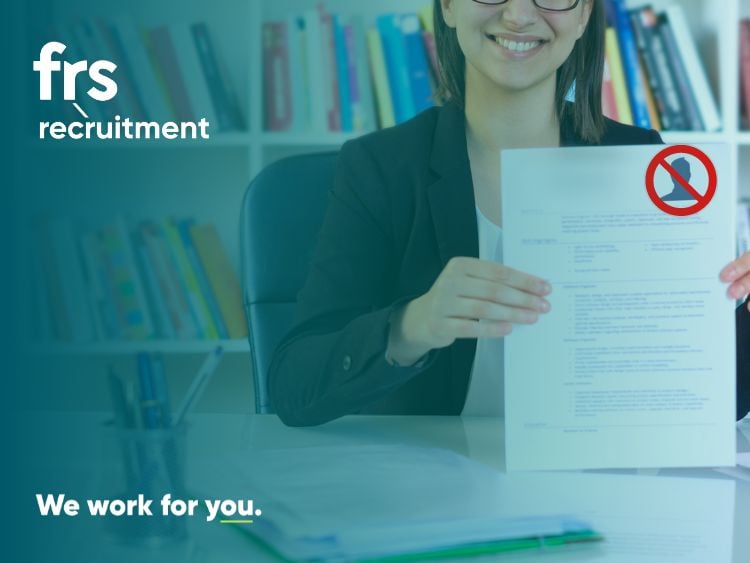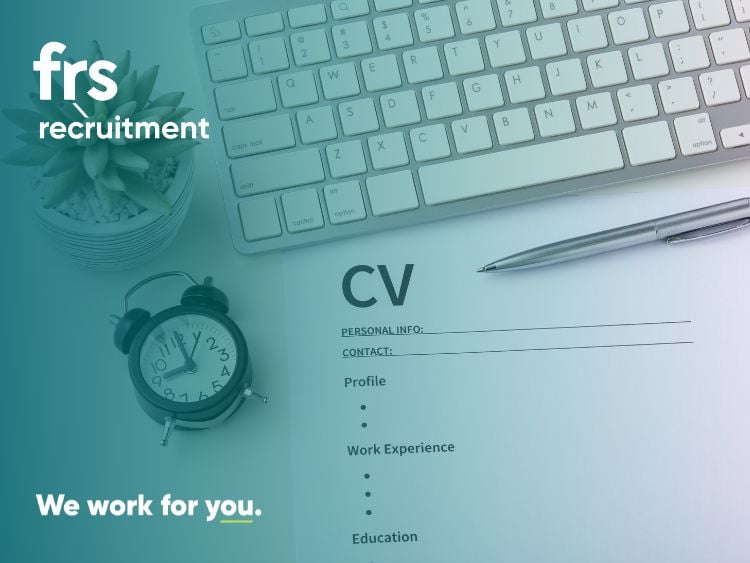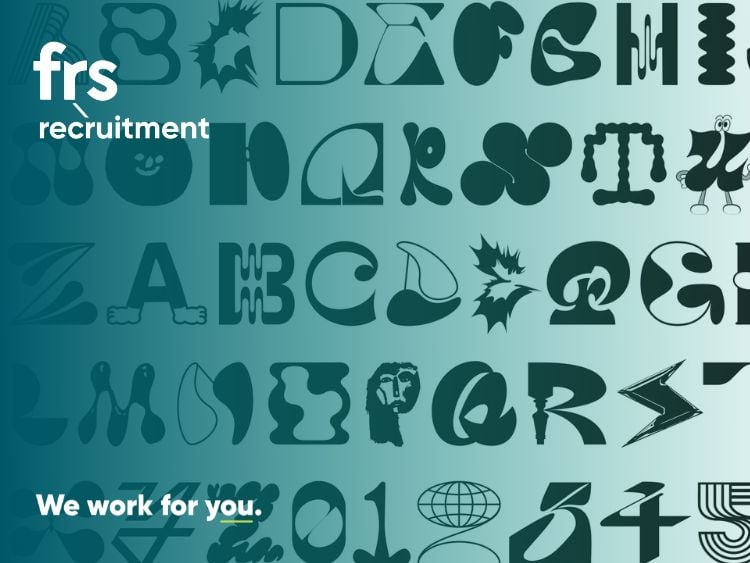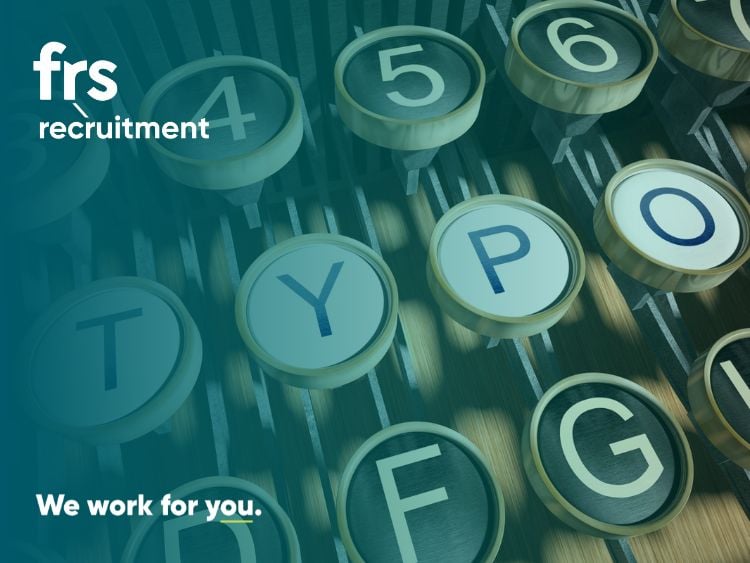Top 10 things NOT to include in your CV
Your CV is your most important document when on the job hunt. It should be written in such a way that it clearly highlights your achievements and strengths. For some of our recruiters’ tips on improving your CV, you can check our previous blog here. However, many people make the mistake of putting irrelevant information in their CVs which can have an adverse effect on their chances of getting hired. Here is our guide to the Top 10 things you should not put in your CV - and be sure to check out our recruiters' quick summary video at the end of this page!
1. Irrelevant personal information
It's important to only include information relevant to the job you are applying for in your CV. This means excluding personal details such as your marital status, religion, age, gender, and anything that might encourage a potential employer to discriminate – consciously or unconsciously.
2. A photo of yourself
For some, a photo of yourself may seem like a natural thing to include on your CV, especially if you're applying for a job in sales or marketing. However, it's important to remember that your CV is not meant to be an extension of personality. It's a document used by employers to assess whether or not they want you as an employee. Your photo doesn't add anything to your CV; it just takes away from its professionalism and makes it less effective at doing what it needs to do—convince potential employers that you have the necessary skills and abilities for them.

3. Your age
One of the most common CV mistakes is to include your date of birth. Being open about your age can lead to unconscious bias and potential age discrimination.
4. Too much information
You don’t want to sound boring but be careful not to exaggerate your accomplishments. Your CV should be a snapshot of your professional accomplishments, so it's important that it doesn't contain any unsubstantiated claims or hyperbole. Additionally, try to provide just as much information as is necessary for the employer to build up a profile of your skills and qualities as an employee. You will have more time in the interview to expand on the information included in your CV – think about the blurb at the back of a book!
5. False information
Misleading your future employer with information that isn’t true is a quick way back to job hunting. Trust us – we’ve all heard the stories of someone that “embellished” their CV, only to quickly realise they have landed themselves a job they are unable to do! Be confident and proud of what you have actually achieved and learned on your career journey so far but avoid adding something that simply isn’t true.

6. Unnecessary education/qualifications*
Don't include your school results. Think about what is actually required for the role you’re applying to. Unless the Leaving Certificate is overtly stated as a requirement for the role, leave it out. If you're applying for a position in the food and beverage industry, employers will be more concerned with your ability to handle customers than with how well you performed in your sixth-year chemistry class.
*If there's some reason why your academic performance is relevant to the job that only you know about (e.g., you did a module that is relevant), then state it briefly. Otherwise, leave it out entirely.
7. References
You don’t have to list references. In fact, unless specifically asked, you shouldn’t. References are typically available on request, which usually happens right at the end of the hiring process. Including third-part information can also lead to potential GDPR issues for employers, who may even be reluctant to accept your CV.
8. Awkward fonts
You may think that a font like Papyrus or Wingdings would make your CV look cool, but it won't. These fonts are hard to read and will make it difficult for the recruiter to read your CV. The average recruiter will make a snap-decision about your CV at first glance, so make sure you use a font that is easy to read. We like Calibri, Arial, or the old classic, Times New Roman.

9. Unprofessional social media links
Remember those photos from 2012? No one needs to see them! Don't put your personal Facebook, Twitter, or Instagram links in your CV. It’s fine to include a link to your LinkedIn page, as long as it’s professional. We also want to take the opportunity to remind anyone with an unprofessional email address to think about creating a new one! If you’re still using something like dangerfox87@gmail.com, then think about something else for your job searching.
10. Typos
This is last on the list for a reason! Typos are the most common mistake candidates make on their CVs and they’re extremely easy to avoid. Don't rely on that spellchecker you've been using—it's not fool proof and won't catch everything. In fact, if your CV is riddled with typos, it could be a sign that you aren't taking this process seriously enough for employers to take you seriously either. Instead of relying on technology alone, read your CV out loud from beginning to end before submitting it. If there are any words that don't sound right or seem off, go back and fix them! Even if a human being will eventually read your CV (and trust me, they will), making sure the content is spot-on will show them how much care went into crafting such an important document for their company.

Conclusion
A lot of CV advice focuses on what you need to put in your CV. We wanted to approach things from the other side, and hope you can put some of these tips into practice with your own CV. There are some additional resources on this topic to give you that extra edge, like these two articles on Monster.com and Indeed.com.
If you haven’t already, reach out to one our recruiters today to discuss your job goals and to get even more helpful advice in person.
Find your dream job here or register to receive job alerts from FRS Recruitment.
